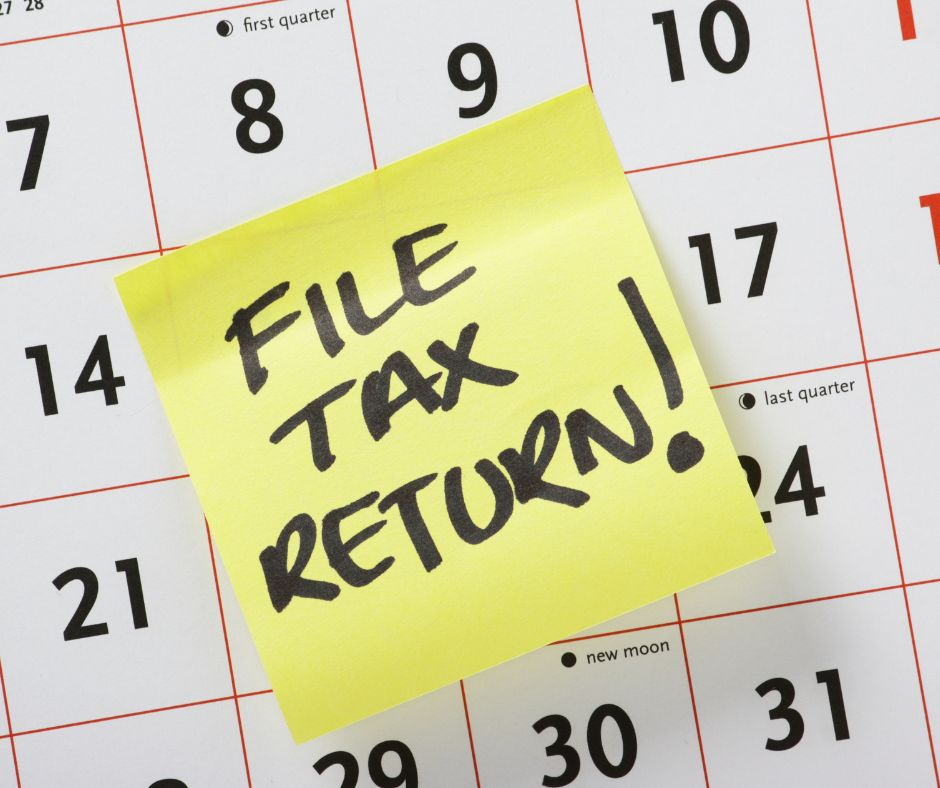Navigating the tax system in Texas can be a daunting task, especially for those who are not familiar with it. But understanding how to file taxes in the Lone Star State can help you make sure that you’re paying your fair share and taking advantage of all available deductions and credits. In this article, we will cover everything you need to know about filing taxes in Texas, from basic requirements to common deductions and credits.
With the proper knowledge, filing local taxes in Texas doesn’t have to be a source of stress and anxiety.
The Importance Of Understanding The Tax Filing Process In Texas
From property taxes to income taxes and sales taxes, filing taxes is a responsibility that all citizens and businesses must take seriously. The state tax process can seem complex and overwhelming, but understanding how to file your taxes correctly will help you avoid costly mistakes and make sure you’re always in compliance with the law.
It’s important to note that filing state taxes in Texas may be different than filing them in other states even in tax-friendly states, so understanding the specifics of Texas tax law is essential. Failing to do your research, carry out tax planning, and properly file your taxes during the tax year could result in costly penalties or an audit from the IRS.
Tax Filing Basics in Texas
Texas may not have an individual income tax or corporate income tax but it does levy taxes, that is, a gross receipts tax. Texas has a 6.25 percent state sales tax rate, max local sales tax rates of 2.00 percent, and average combined state and local sales tax rates of 8.20 percent.
Understanding the basics of filing taxes in Texas is the first step to filing correctly.
Requirements For Filing Taxes in Tx
All Texas taxpayers must file federal and state income taxes. This includes individuals, corporations, sole proprietorships, partnerships, LLCs, charitable organizations, estate taxes, and even franchise taxes. To file your state and local taxes in Texas, you must first register with the eSystems, an online tax portal.
You will then need to create an account and provide your Social Security Number (SSN), phone number, and mailing address. Once registered for a sales tax permit in Texas, it will take 2-3 weeks to receive it. Once you have, you will be assigned a tax filing frequency, that is, monthly, quarterly, or yearly.
For international businesses, you will need to fill out Form AP-201, Texas application and email it to [email protected] with the required documentation. You will need your EIN (Employer Identification Number) and the business’s location address in Texas. This will also take 2-3 weeks to complete.
Tax Forms & Documents You Need For Filing Taxes in Texas
In addition to registering on the eSystems, there are certain forms and documents you will need for filing taxes in Texas.
- For individuals, you will need to include Form 1040 or 1040-SR, W-2s, and any other applicable forms.
- For businesses, you will need to include Form 1065, 1120S or 1120 for partnerships and LLCs, as well as other applicable forms.
Organizing & Preparing for Tax Filing in Texas
Once you understand the forms and documents needed for filing taxes, the next step is to organize and prepare them for filing.
- To make the process easier, it’s a good idea to create a folder that contains all of the necessary paperwork. This will make it easier to keep track of your documents and provide them when needed.
- It’s important to note that if you are filing taxes in Texas, you must not procrastinate! Putting off filing taxes until the last minute can result in costly mistakes and confusion. Plus, you have to file your taxes before the due date of April 18, 2023.
- Use local resources like tax professionals and accountants to help make sure you’re filing your taxes correctly. This can be a huge help if you’re not familiar with the process or feel lost in all the details.
Common Tax Deductions and Credits in Texas
In addition to filing taxes correctly, it’s important to understand the types of deductions and tax credits available in Texas.
Deductions reduce the taxable income of a taxpayer, while tax credits lower taxes owed. Common deductions available to Texas homeowners and citizens include the Texas sales tax deduction, mortgage interest deductions, and the Texas homestead exemption.
Tax credits available in Texas include the Property Tax Credit and the Earned Income Tax Credit.
Filing Your Taxes Electronically in Texas
The best way to file your taxes in Texas is by filing electronically.
E-filing offers several benefits, including:
- faster processing time
- accuracy
- security and privacy
- convenience
- avoid hidden and late fees
You have the option of a free federal income tax return preparation site (like FreeTaxUSA.com) or paid commercial software (like TurboTax).
No matter which method you choose, make sure to double-check your return for accuracy before filing.
Understanding Your Texas Tax Refund
Knowing how to do your Texas state taxes also includes understanding the process of receiving your tax refund. Typically, you will receive a notification from the IRS within 3 weeks if filing electronically and 8-12 weeks if filing a paper return.
Once you qualify for your tax refund, it can be sent to you either through direct deposit or check. Finally, you should also have an idea of how best to use your tax refund. Consider saving it for future expenses, or to pay off debt.
Whatever you decide to do with your tax refund, make sure it’s a sound financial decision.
We’ll File Your Taxes In A Correct, Complete, And Timely Manner
Filing state and local taxes in Texas can be a complex process, but having the right knowledge and resources can make it much easier.
By understanding the forms, documents, deductions, and credits available for filing taxes in Texas, you can be sure to get your taxes done correctly and on time.
If you’re looking for help with filing taxes in Texas, we at Williamson Tax & Bookkeeping can assist you every step of the way. From estate tax and franchise tax to handling taxable sales, our team is well-versed on how to do taxes in texas effectively to help take this burden off your shoulders.
Contact us today to learn more about our tax services and how we can help you get your taxes done in a correct, complete, and timely manner.











